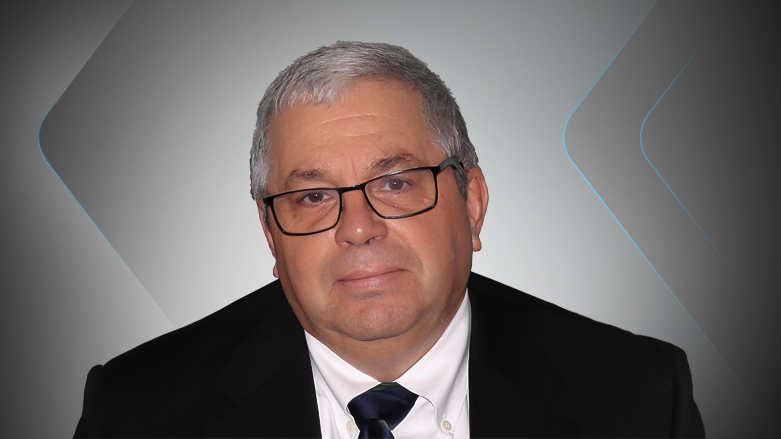How division in Iraq and Kurdistan shapes the political equation?

The internal attacks on the Kurdistan Regional Government (KRG) by the Abadi administration in Baghdad has resulted in unintended consequences for Iraqi Prime Minister Haider al-Abadi, while the unrest in Iran may also impact not only the upcoming elections but conditions in Kurdistan as well.
To begin, the ruling State of Law Coalition is facing internal divisions within the Dawa Party. Facing dissent, current Prime Minister Abadi has formed a new coalition called the Victory Alliance—a reference to the victory over the Islamic State (IS)—which was to include Iranian-backed Shia militias. Within a short time of the announcement, the bulk of the alliance had pulled out, and voices outside the coalition had denounced it. The loudest of these voices was the firebrand cleric Muqtada al-Sadr. Sadr criticized the move as a push toward secularism and an invitation to corrupt figures to return to government. The breakup appears to have been orchestrated by the Iranian Revolutionary Guard Corps (IRGC) Quds Force commander Qasem Soleimani.
Since the beginning, Abadi has been called America’s guy. In fact, he was America’s choice to replace former Prime Minister Nouri al-Maliki as Washington was instrumental in forcing Maliki to step down in 2014. Abadi, while supported by the US, presided over Iraq’s move toward Iran and the acceptance of the IRGC and its control over the Hashd al-Shaabi, or Popular Mobilization Forces (PMF), as a military force. The PMF was one of the main aggressors in Kirkuk while the US State Department was telling the President that they were not there. The State Department was getting its information from Special Advisor Brett McGurk who was and is very close to Abadi. Now, Abadi has revealed himself to the Americans and the rest of the world. It also appears that he will be going head-to-head with Maliki for the election, and Dawa will not, to date, take sides.
Meanwhile, when we look to the north, we see political divisions between the Kurdish parties. At a time when Kurdish unity is needed and can help regain lost political ground, the differing groups should not be fighting among themselves. With that being said, a potential alliance may be forming between Maliki and former Kurdistan Region President Masoud Barzani that could effectively block any election of Abadi and restore Kurdish power in the Iraqi Parliament. While it is doubtful this will restore the Kurdish bloc to its previous position of “King Maker,” a position the Kurds squandered, it could bring a pause to the acrimony between Erbil and Baghdad long enough for the KRG to re-establish itself and for Western powers to re-engage with the Kurds.
The last leg of this is what has happened in Iran. As noted, Iran has exerted control over the Abadi government and oversees a lion’s share of what comprises Iraq’s security forces. The IRGC has chosen to politicize those forces and use them to drive a final nail into the coffin of Iraqi democracy. In the past weeks, we have seen an outpouring of the Iranian people who are in dire straits economically while the government has been spending billions on exporting its Islamic revolution abroad. Currently, the government, through the offices of the IRGC, has declared the protests over and has killed and imprisoned dozens of its citizens, labeling the demonstrations acts inspired by the US and Israel. The depth of the disillusionment the people have toward the government and the extent the government intends to go to try and calm public concern and remove support from some of its allies is yet to be seen.
Should the Maliki-Barzani alliance succeed, it may be able to release the grip Tehran has on Baghdad, if only for a little while. While the Shia parties are occupied with dissent and division, the Kurdish parties, for the sake of all Kurds, must come together. A solid Kurdish front will do a great deal in allowing the Kurds to negotiate with Baghdad and the West.
Paul Davis is a retired US Army military intelligence officer. He has been a consultant to the American intelligence community specializing in the Middle East with a concentration on Kurdish affairs. Currently, he is the President of the consulting firm JANUS Think in Washington DC.
The views expressed in this article are those of the author and do not necessarily reflect the position of Kurdistan24.
Editing by Karzan Sulaivany
